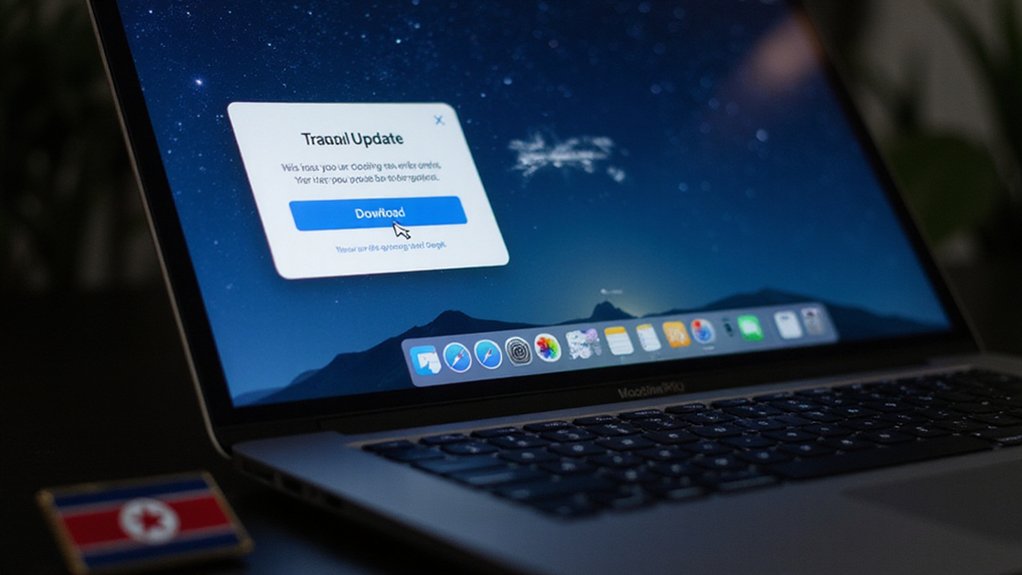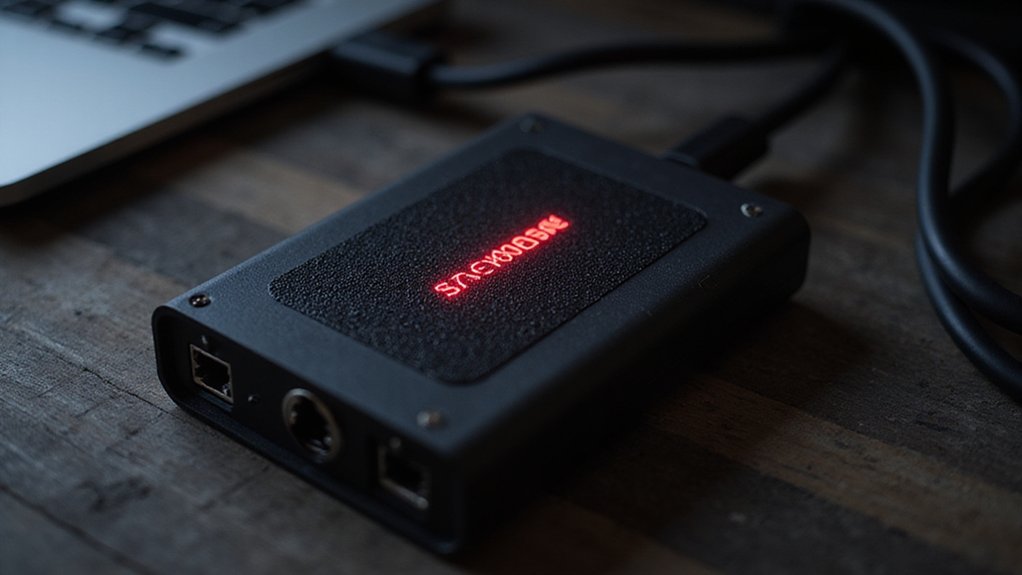While the decentralized finance sector continues its relentless march toward legitimacy, Bunni DEX discovered that precision—or rather, the lack thereof—can prove catastrophically expensive. The protocol hemorrhaged $8.4 million in a single exploit that exposed fundamental vulnerabilities in its custom Liquidity Distribution Function, leaving operations suspended across both Ethereum and Unichain networks.
The attacker demonstrated surgical precision where Bunni’s code failed to deliver it, exploiting a mathematical error in the LDF’s liquidity distribution calculations. Through calibrated trades that manipulated rebalancing logic, the perpetrator systematically drained excess LP tokens—approximately $6 million from Unichain pools and $2.37 million from Ethereum. The irony is palpable: a protocol designed to optimize liquidity distribution became the victim of its own computational shortcomings.
What makes this breach particularly vexing is its evasion of previous security audits. The precision bug lurked within pool mechanics that governed withdrawal limits, allowing repeated unauthorized extractions that should have triggered safeguards. Instead, the vulnerability exploited cross-chain liquidity management weaknesses, demonstrating how multi-chain complexity can exponentially amplify risk vectors. The attacker left behind over 1,000 event logs during the systematic exploitation, providing investigators with a detailed trail of the malicious activities.
Bunni’s response followed the standard DeFi crisis playbook: immediate contract pausing, urgent withdrawal advisories, and promises of transparent investigation. The team’s collaboration with blockchain security firms offers some hope, though no operational timeline has emerged—a prudent approach given the circumstances. This incident underscores the critical importance of cybersecurity awareness as North Korean hackers continue employing sophisticated malware targeting crypto platforms across multiple operating systems.
The exploit’s timing couldn’t be more emblematic of DeFi’s current security crisis. August 2025 witnessed $163 million stolen across sixteen separate incidents, with Bunni’s hack representing roughly five percent of that carnage. The stolen funds, now consolidated into attacker-controlled addresses, highlight persistent challenges in DeFi fund recovery—particularly when perpetrators demonstrate sophisticated laundering techniques through protocols like Aave.
Built atop Uniswap v4, Bunni’s LDF represented an ambitious attempt to refine automated market making through complex algorithmic curves. However, this sophistication introduced logic vulnerabilities that traditional auditing apparently missed. The protocol’s Total Value Locked plummeted from near $50 million pre-attack, serving as yet another reminder that innovation without ironclad security remains a fool’s errand in decentralized finance.









